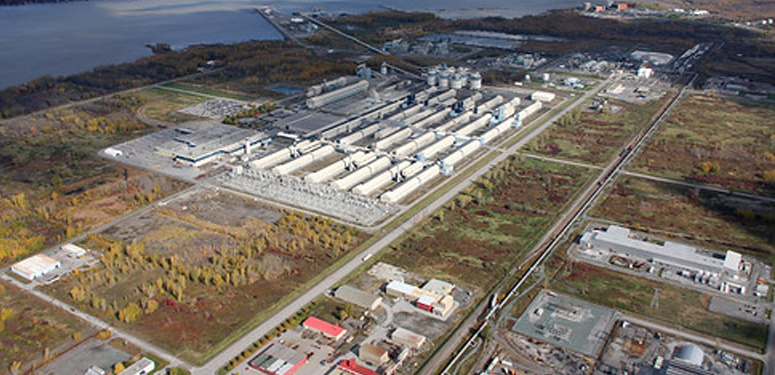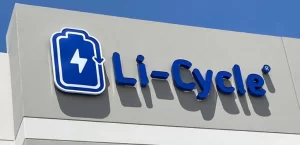Bécancour, Québec — Bécancour is about to become a central hub for Canada’s electric vehicle supply chain as two major automotive players announce plans to break ground in the province.
German chemical company BASF announced on March 5 that it had bought land for a vehicle battery materials facility in Bécancour, Qué., where it said it plans to produce and recycle cathode active materials (CAM) for use in the North American electric vehicle market beginning in 2025.
According to a report from Reuters from May of last year, BASF has been in talks with the Canadian federal government to help get the company involved in a cleantech fund and Industry Minister Francois-Philippe Champagne has since confirmed that the government has been supportive of BASF’s plans for expansion.
“I see BASF as being the first pillar of the battery ecosystem in Canada,” said François-Philippe Champagne. “It’s certainly a substantial investment, both for the company and for us…as the federal government.”
BASF already produces CAM at two locations in Ohio and Michigan, in partnership with Japan’s Toda Kogyo Corp.
Additionally, Champagne sees BASF’s plans for a Quebec-based facility as a keen strategic move in the context of Canada’s overall automotive supply chain.
“Both Quebec and Ontario…will be joined when it comes to the automotive sector of the future,” said Champagne. “We’re building around Bécancour, kind of the full ecosystem of the critical minerals you need to produce a battery… that’s why you’ll see more to come.”
But BASF won’t be the only automotive player producing and recycling CAM in Québec.
General Motors announced a similar move mere days later on March 7, revealing its US$400-million deal with South Korea’s POSCO Chemical that will see the companies also produce and recycle CAM. The facility will also be in Bécancour, Que., and will see GM produce CAM for its Ultium battery cells.
The two companies first agreed on a CAM-processing joint venture last December.
David Peterson, vice president of corporate and environmental affairs at GM Canada, said Quebec was chosen for several reasons.
“Quebec’s low greenhouse gas, low-cost electricity is very important,” he told Global News. “In addition to its environmental standards, great logistics links and a well-educated workforce as some of the other reasons we chose Quebec.”
By the end of 2025, GM plans to have the capacity to build one million electric vehicles in North America.
CAM represents almost 40 percent of the cost of every EV battery. Last September, BASF predicted its battery materials revenue would reach more than 1.5 billion euros ($2.09 billion) by 2023 and more than 7 billion euros ($9.73 billion) by 2030.





















